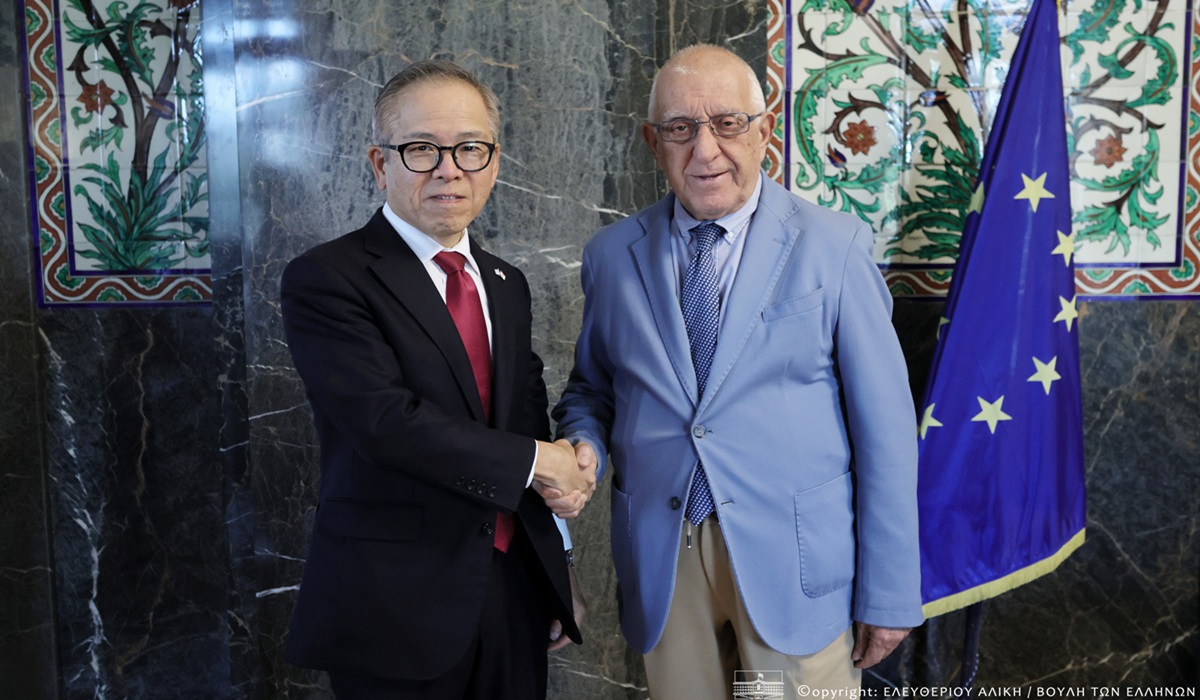7 Hard Truths That Will Help Your Job Search (Once You Accept Them)
- Nick Kossovan
- The Art of Finding Work
- Trending News
- August 30, 2025

Image Credit: Geralt
As a constant reminder of my place in the world above my desk, I display this quote by Ayn Rand: “You can avoid reality, but you cannot avoid the consequences of avoiding reality.” I’m also partial to Jack Welch, having said, “Face reality as it is, not as it was or wish it to be.”
The essence of job searching is finding your place in the world where you’re accepted; therefore, it involves navigating the world (read: people) as it is, not as you wish it to be or feel entitled to.
Avoiding job search truisms is why many job seekers experience a prolonged search.
The shortcut to shortening your job search: Stop ignoring truisms that won’t change, no matter how much you complain, get frustrated and angry over, or wish weren’t true. Spend 15 minutes reading LinkedIn posts and comments, and you’ll see job seekers refusing to accept truisms like the following:
- Employers don’t owe job seekers anything.
“Don’t believe the world owes you a living; the world owes you nothing–it was here first.” – Robert Jobes Burdette
Job seekers who have the expectation, likely fueled by a sense of entitlement, that employers owe them (e.g., an easy hiring process, a chance, a job, and feedback) are the reason for all the frustration and anger in the job market. Ideally, a job seeker should have minimal expectations.
In my opinion, employers owe four things to those who apply to their job postings.
- Don’t misrepresent the work.
- Treat candidates as if they are a customer.
- Recognize that interviews are a two-way street.
- Inform candidates if they’re not selected.
Do all employers do the above-mentioned? Of course not. Can I do anything about this? No. Based on my experience, if you want to become an outcast and live a life filled with anxiety, frustration, and anger, try changing people.
- Employers are risk-averse.
Hiring involves assuming a liability risk. Candidates often, without realizing it, present themselves in a way that gives employers the impression that hiring them would be risky. For the most part, hiring comes down to selecting the candidate who appears to be the least risky; hence, you can never go wrong by focusing on coming across as someone who’ll be easy to manage.
- Employers hire results, not opinions.
Every job exists to achieve results that the employer’s business needs to maintain its existence. Yet, I still see resumes and LinkedIn profiles void of quantifying numbers, which begs the question, “What tangible results has this person achieved for their employers? If employers aren’t reaching out to you, they probably don’t see that you were valuable to your previous employers and therefore won’t be to them.
Throughout your job search, communicate your numbers as proof of your impact on your previous employer’s business.
- Signed up no fewer than 120 new subscribers in each quarter of 2024
- Solicited 12 new donors in the first half of 2023 for $4.2 million in additional revenue
- In 2024, produced 40 product videos that generated over 7M impressions
- Image is everything.
Your image is crucial to your job search success. Your image matters because it’s about trust. It’s your responsibility to take control of the first impression you make and your ongoing image, which reflects who you are and your qualities. Thanks to social media, we judge people more than ever by their appearance; therefore, take your appearance seriously, as it determines whether you’ll be accepted or not.
- Being likeable supersedes your skills and experience.
I’ve never met a hiring manager who hired a candidate they didn’t like; therefore, a job seeker’s most valuable asset is being likeable. A job search is a people-contact activity, so work on your personality. Bar none, the best book on how to make others like you is Dale Carnegie’s How to Win Friends and Influence People; it’s the psychopath’s Bible, but in a good way.
- Employers own their hiring process.
Employers own their business, and therefore, they own how they design their hiring process. Just because an employer’s hiring process doesn’t work for the job seeker doesn’t mean it doesn’t work for the employer. The hiring system isn’t broken; employers are getting the candidates they need—if they weren’t, they’d change their hiring process.
An aside thought: When a job seeker makes it through an employer’s hiring process, do they still think it’s “unfair”? Of course not! As soon as they get a job, they stop complaining on LinkedIn about how employers don’t know how to hire. When you criticize employers while unemployed and stop once you’re employed, you’re being hypocritical.
- Pursuing remote jobs lengthens your job search.
As remote jobs decline, serious job seekers acknowledge that there is less competition for on-site jobs than for remote ones, and that since the employer pays the salary, they have the right to decide where the work is to be performed.
Accepting job search truisms—fundamental facts—and applying them to your job search efforts, like filling your resume and LinkedIn profile with measurable achievements and letting go of any sense of entitlement, is how you become a candidate employers will say “Yes!” to.
_____________________________________________________
Nick Kossovan, a well-seasoned corporate veteran, offers “unsweetened” job search advice. Send Nick your job search questions to artoffindingwork@gmail.com.








